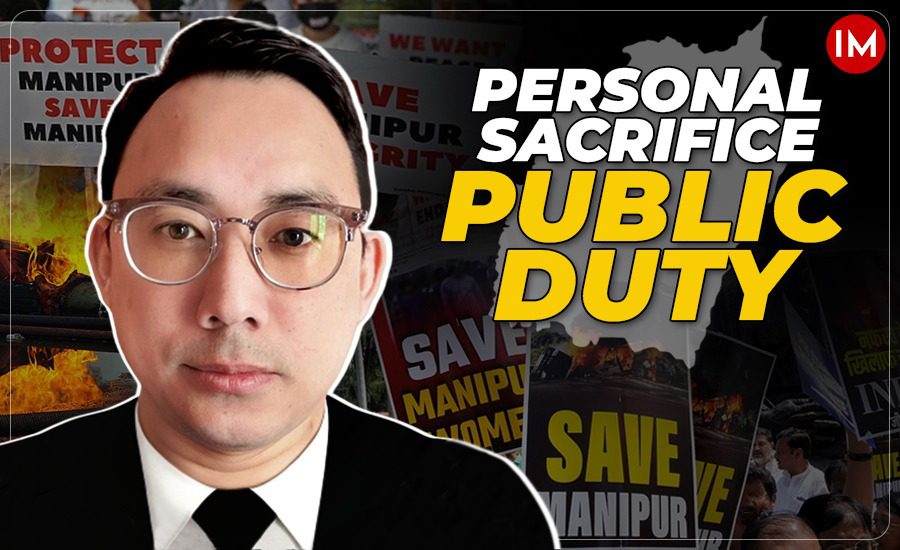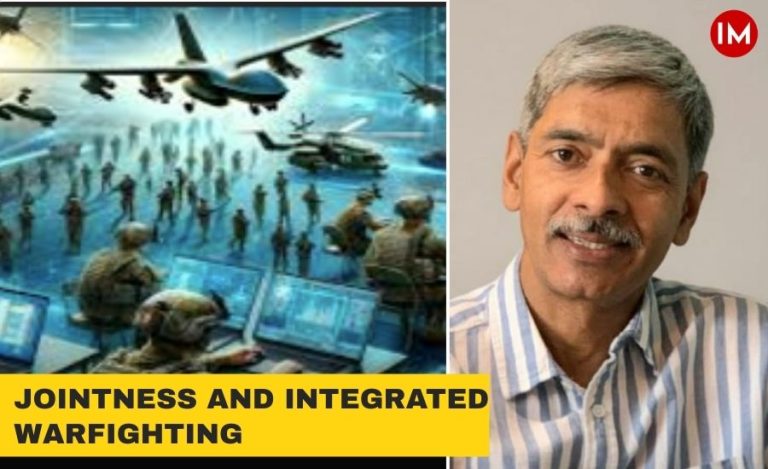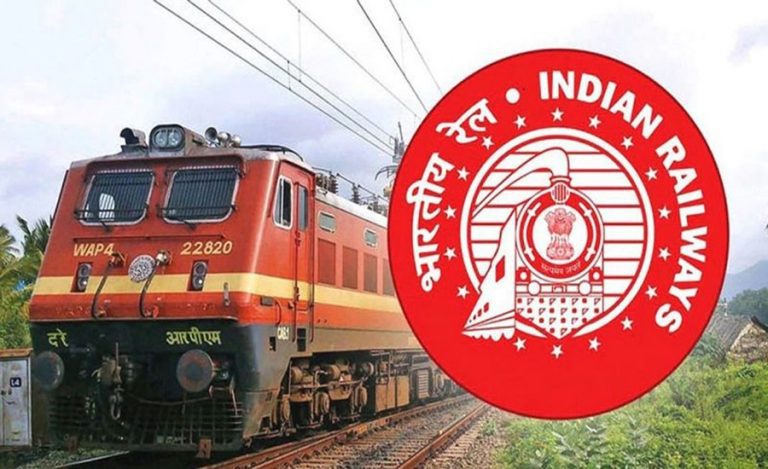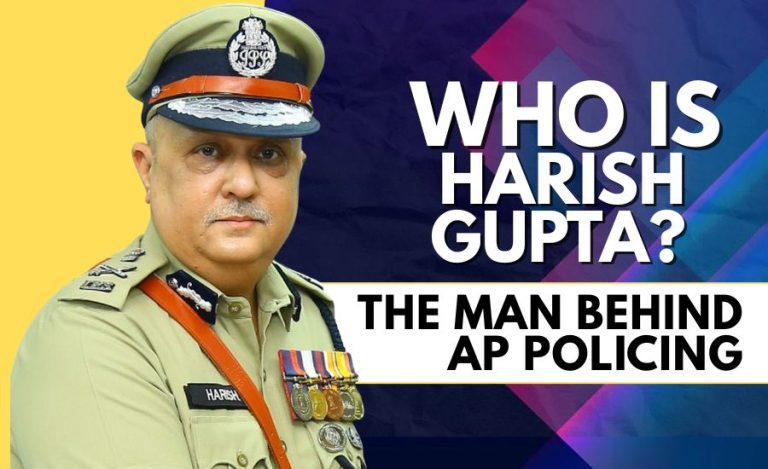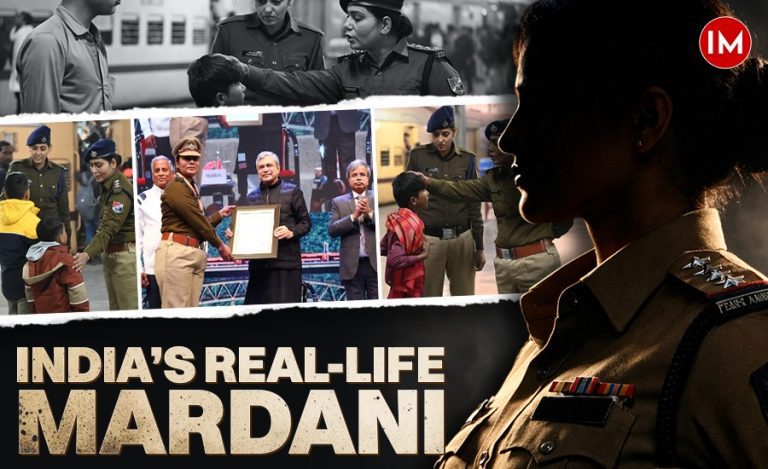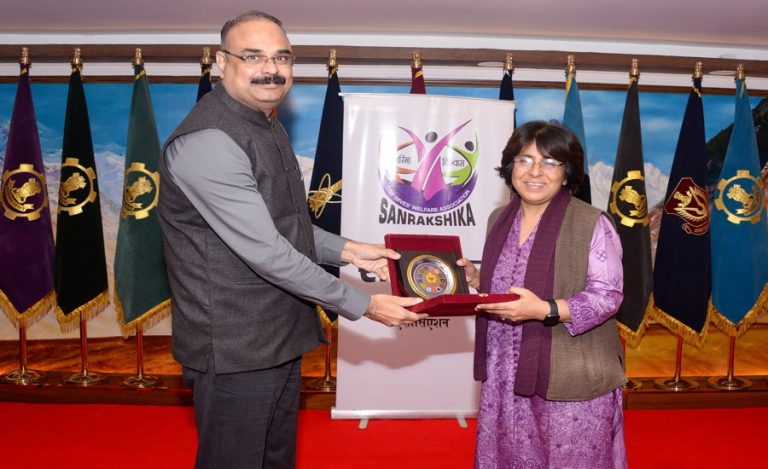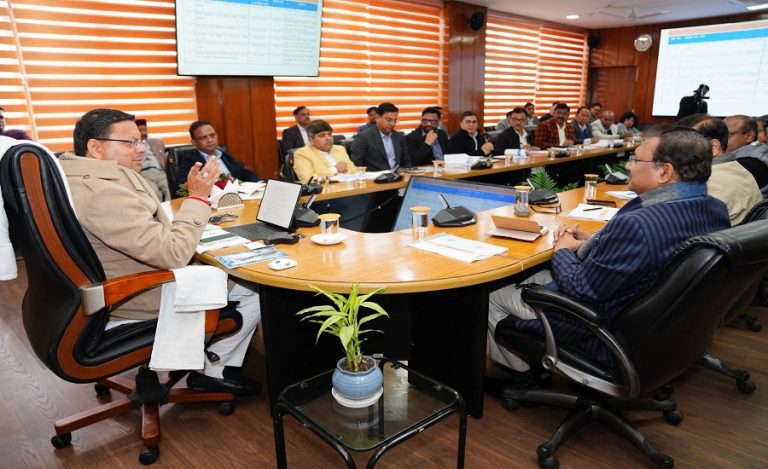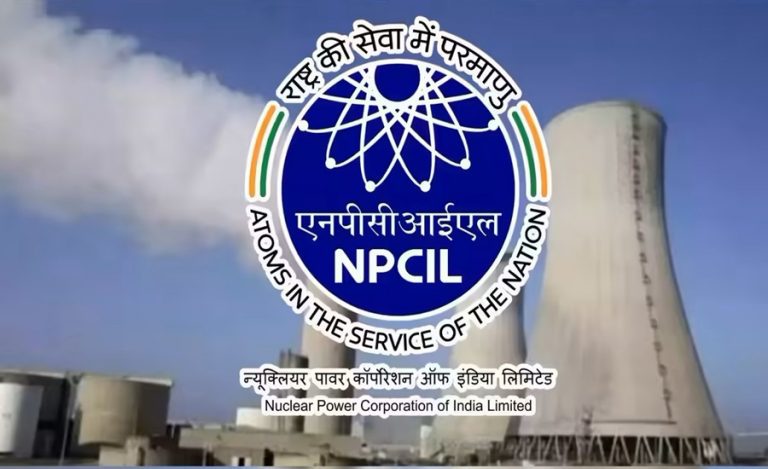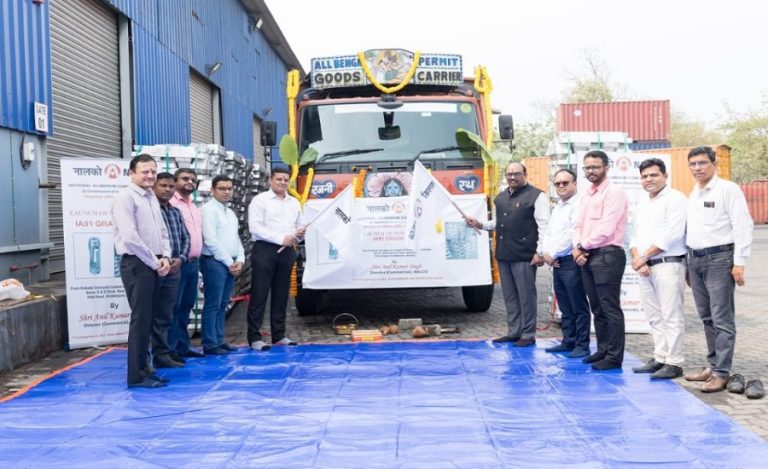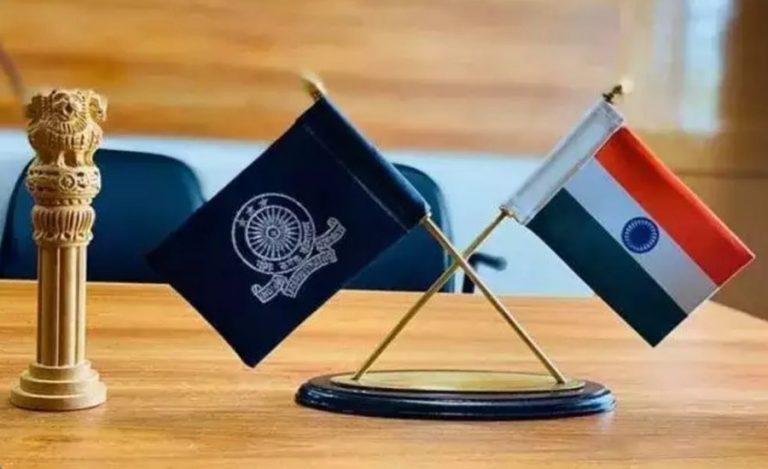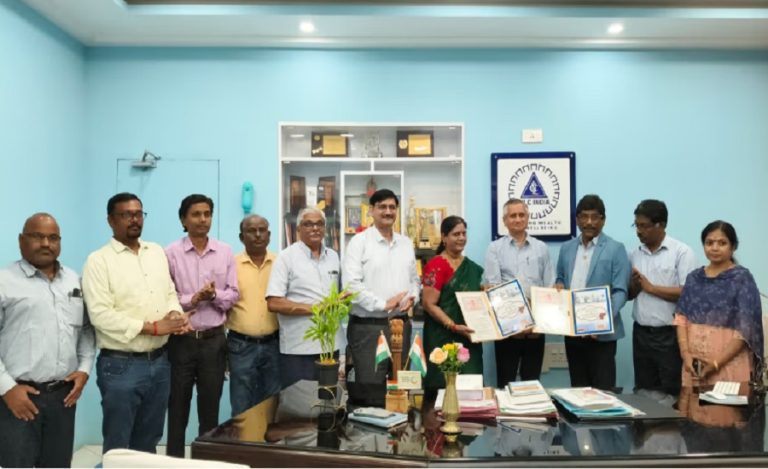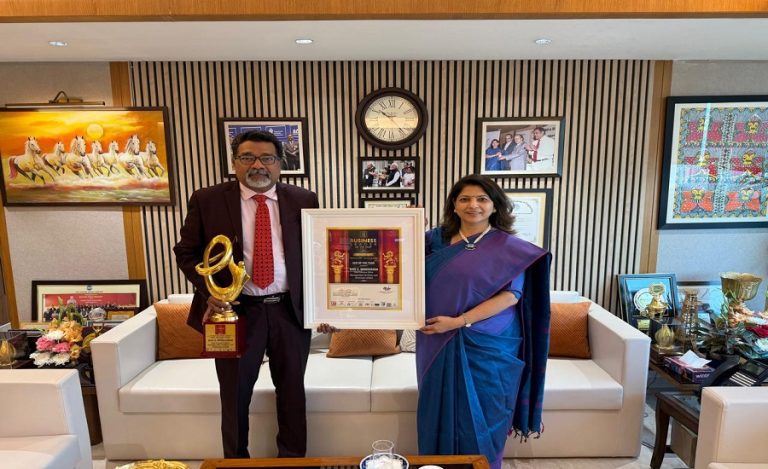When IAS Ranjan Yumnam was serving as the District Magistrate in one of Manipur’s most affected areas, he faced a moment that would forever change his view of the conflict. What began as a routine disturbance, something he believed he could handle within the bounds of his duty, quickly spiralled into a life-threatening ordeal. The situation intensified rapidly, leaving him with no choice but to seek refuge under the cover of darkness. Guided by Assam Rifles personnel, Mr. Yumnam found himself navigating treacherous mountain paths in the dead of night, a stark reminder of the volatility that had gripped Manipur.
“That night was a wake-up call,” Mr. Yumnam, who is currently posted as Joint Secretary (Home), Government of Manipur, shared with Indian Masterminds. “It made me realise how dangerous the situation had become, not just for civilians but for us in administration as well.” Now stationed in the state capital, the officer works from a safer vantage point, yet the memory lingers—a constant reminder of the high stakes he and his colleagues face each day as they work toward a peaceful Manipur. But while the memories of danger remain vivid, signs of stability have finally started to emerge, giving both the administration and the public hope for a brighter future.
THE RETURN OF PEACE
In recent months, Manipur has seen a reduction in the once-relentless cycle of confrontations, scuffles, and shootings, replaced by a tentative calm. The change hasn’t happened by chance—it’s the result of coordinated efforts by the state government, central agencies, and particularly the Ministry of Home Affairs, which has made restoring peace in Manipur a priority. Key to these efforts was the recent breakthrough in Delhi, where representatives from opposing groups sat down with government officials for the first time in over a year, marking a critical step toward dialogue and understanding.
For Mr. Yumnam, this moment signifies hope. “It’s just the beginning,” he remarks. “But it’s significant. It’s what people needed to see—a step, no matter how small, towards rebuilding trust.” He and his colleagues have spent months preparing the groundwork for such conversations, hopeful that this peace can grow from small steps into lasting stability. The change has given residents a glimpse of normalcy and has brought a sense of purpose to the work that Mr. Yumnam and other officers undertake every day.
THE CONFLICT’S TOLL ON DAILY LIFE IN MANIPUR
While there is optimism, the scars of conflict remain visible throughout the state, affecting nearly every aspect of daily life. The constant threat of violence has kept people confined to their homes within restricted zones, unable to cross into areas where opposing communities dominate. This confinement has created a psychological strain on the local population, who live in a state of heightened vigilance, wary of any signs of renewed hostilities.
For IAS officers like Ranjan Yumnam, navigating this atmosphere of mistrust and fear presents unique challenges. They must maintain neutrality, an essential quality to uphold the integrity of their positions, but it often puts them at odds with the local dynamics. “For now, venturing beyond my post is still a difficult task,” he acknowledges, illustrating the constraints even those in positions of authority must navigate in this environment.
The limited movement impacts not only Mr. Yumnam’s work but also Manipur’s economy. Businesses that once thrived on the free flow of people and goods across districts now struggle, with reduced access to customers from across communities. The confinement has disrupted the social and economic fabric of Manipur, affecting both livelihoods and the everyday connections that once bound these communities together.
PERSONAL SACRIFICES AND CHALLENGES AMONG BUREAUCRATS
Behind the public face of their work, the personal lives of officers have been profoundly affected by the conflict. Separation from family has become an unfortunate necessity for many in the administrative service, with officers choosing to send their loved ones out of state to ensure their safety. Mr. Yumnam shares the story of one of his colleagues, a non-local IAS officer from Delhi who, due to ongoing tensions, had to send his spouse to another state.
“People think we’re removed from the conflict,” Mr. Yumnam says. “But our families are part of this too. This work isn’t just about professional dedication—it’s about the personal costs we all carry.” The separation is particularly difficult for officers with young children, who face the difficult task of balancing their commitment to their roles with the constant worry for their families’ well-being.
For the officer, the impact of these sacrifices is a daily reality. After a long day managing tense situations and coordinating peace efforts, he returns to the solitude of his guarded quarters, a stark reminder of the personal costs that come with his duty. The absence of family at the end of the day makes the burden heavier, a sentiment shared by many of his colleagues who have made similar sacrifices.
THE FRAGILE ROLE OF BUREAUCRACY IN RECONCILIATION
Despite the challenges, Mr. Yumnam and his colleagues find motivation in their role as intermediaries in a deeply divided state. Officers from diverse parts of the country serve as a bridge between communities, their impartiality allowing them to remain objective as they navigate complex local tensions. This neutrality is essential to building trust within the population, showing that the administration is committed to a fair and balanced approach to resolving the conflict.
“This peace may be fragile, but we’re committed to making it last,” Mr. Yumnam says with conviction. The officers know that their role is not just administrative but also symbolic, representing a united front for a state torn by internal divisions. Their presence provides a reminder of the larger federal structure that binds India together, a connection that can help bring Manipur’s fractured communities closer to a shared future.
HOPE FOR MANIPUR’S FUTURE
As Manipur cautiously moves toward stability, Mr. Yumnam and his colleagues remain vigilant, aware that the peace they have worked so hard to achieve is still in its infancy. Rebuilding trust within the population, mending fractured economies, and fostering a sense of unity across communities will take time and unwavering commitment. They know that the journey to lasting peace in Manipur is long and fraught with challenges, but the recent dialogue between opposing groups has offered a glimmer of hope—a sign that healing, while difficult, is possible.
For IAS Ranjan Yumnam, the mission goes beyond simply maintaining order. It’s about securing a future where people in Manipur can move freely, reconnect with family and friends, and work towards prosperity without fear.
“We’re here to do the work, no matter the challenges,” he concludes, “because Manipur deserves a future free from conflict.”

